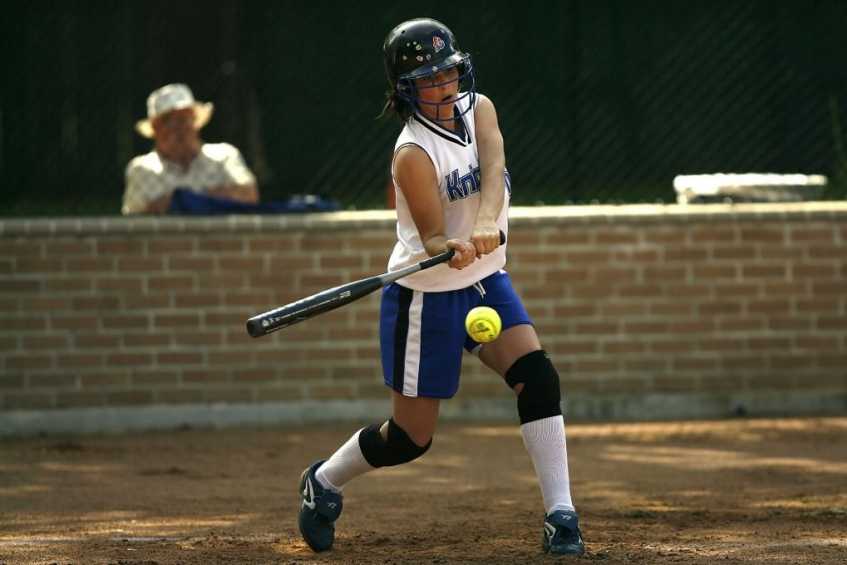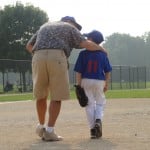
I am just kidding about that as few little players need psychological counseling, as I am not a sports psychologist by any measure. However, I feel like "I play one on TV," because I amconstantlyoffering psychological counseling for little players during batting practice. Nothing in sport is as frustrating as trying to hit a baseball consistently well, so it is important for coaches to offer positive words and thoughts, to help them from becoming too frustrated.
Talking about psychology and baseball may sound heavy and only for the highest levels of sport, but it is vital that coaches help kids deal with the difficulty of performing sport skills at a young age, too, so they develop the resiliency necessary to deal with adversity, which is sure to come in youth sports.
When I am working with little players, who are learning to hit a baseball, I often feel like a psychologist with how often I use words to encourage and praise, so they do not get too discouraged.
Many of my most common statements sound like a psychology class for positive thinking.
" It's OK, probably won't be the last time you ever miss a ball" or even more facetious, "I missed a ball once, too" - most kids hang their head every time they miss a ball and I try to point out that it happens all the time in baseball, but it is no reason to get down, as hitting is tough.
"Great swing, bad pitch" often kids take a good cut but the pitch they swung at was not reachable (way out of strike zone). It is great coaching to lead with a positive statement before a negative one, so little players feel a sense of achievement, even after failure.
"Great job, pitcher's pitch" when batters foul off a tough pitch, it is important that they know that is a victory and they should feel good about it, as many little players feel they should hit every ball into fair territory.
"Best you can do on that one" once again, making a positive out of negative, with words that let kids know that hitting is tough, and there are times they just have to give pitchers the credit.
"Forget that one - that was your old swing" other psychological counseling words that suggest that they have a "new and much better swing," then the one they just used, which gives hope for the next pitch.
"Hey, it's only batting practice, no one keeps your average here," letting kids know that a tough batting practice does not mean they will not hit in games.
OtherPsychologicalCounseling Words Little Players Need
"I used to have trouble with that pitch, too" letting kids know that they are not alone and that even the coach was not perfect when playing.
"Trust" it so important that players learn to trust in their swing and trust that they can wait on the ball, as I often follow that up with, "They cannot throw the ball by you, trust yourself."
I could go on and on, but the point is that I am offering positive psychological counseling for little players to keep them remain confident and optimistic, and that they will succeed in the end. Good coaches understand just how difficult hitting is and that helping kids from becoming frustrated or from getting too down, are paramount to eventual hitting success.
After playing major league baseball, Jack Perconte has taught baseball and softball since 1988 and offered valuable coaching training too. He has helped numerous youth players reach their potential, as well as having helped parents and coaches navigate their way through the challenging world of youth sports. Jack is one of the leading authorities in the areas of youth baseball training and coaching training advice.
All Jack Perconte articles are used with copyright permission.There are 0 comments on "Psychological Counseling for Little Players?"
chandler allen says:
"Hi my name is chandler, i’ve enjoyed..."
On Wanting to tryout for summer ball. as an 18 year old
david graham says:
"With no current MLB team in Canada,..."
On With no current MLB team in
Charles Chavez says:
"To All Coaches: Do you have13U or..."
On Looking for Games